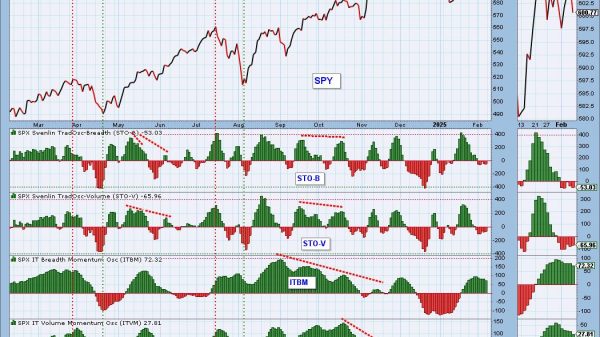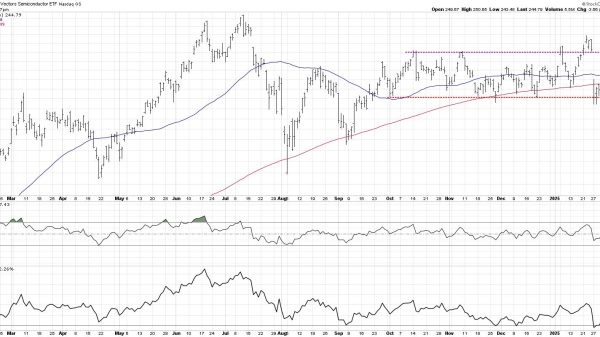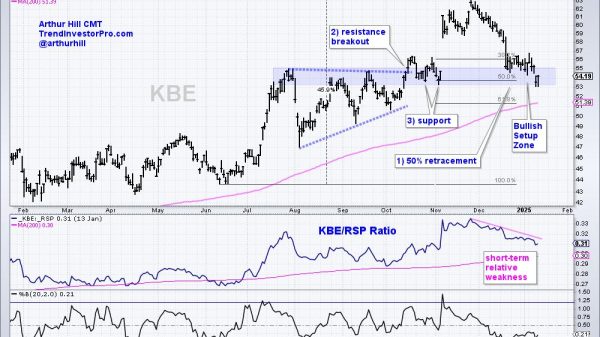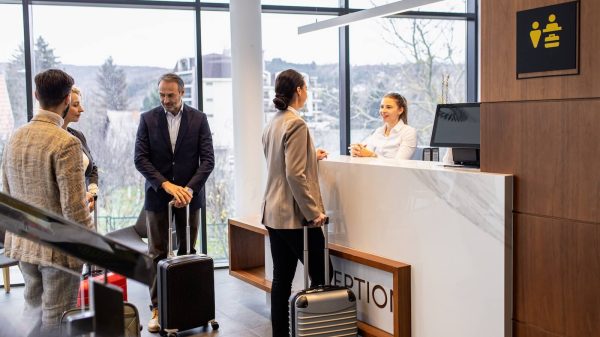
London’s transport strikes have driven a surge in demand for flexible offices, with workers increasingly choosing to base themselves closer to home rather than commute into the city centre or remain entirely remote.
Data from International Workplace Group (IWG), the world’s largest provider of flexible workspaces, shows a 43 per cent rise in visits to outer London locations during the four days of Tube strikes between 8–11 September.
Hammersmith, Richmond and St Albans saw demand climb by as much as 55 per cent, underlining how hybrid working habits are reshaping the city’s office market. Instead of defaulting to homeworking, many employees are opting for professional workspaces in suburban hubs, supported by companies that are offering staff access to wider networks of flexible offices. The shift is credited with boosting productivity, retention and wellbeing while reducing commuting costs.
To meet this demand, IWG has been expanding rapidly across London’s suburbs, opening new centres in Uxbridge, Sutton, Twickenham, Harrow, Putney, Wimbledon, Kingston, Richmond and Croydon, with more planned. Chief executive and founder Mark Dixon said almost 500 new global locations were added in the first half of 2025, reflecting a fast-growing appetite for what he calls “local platform working”.
“More and more companies are discovering that the ability to work locally with minimal commuting is incredibly popular with employees,” Dixon said. “It improves work-life balance and satisfaction while delivering significant benefits for businesses.”
Read more:
Workers turn to flexible offices as Tube strikes boost outer London demand






















